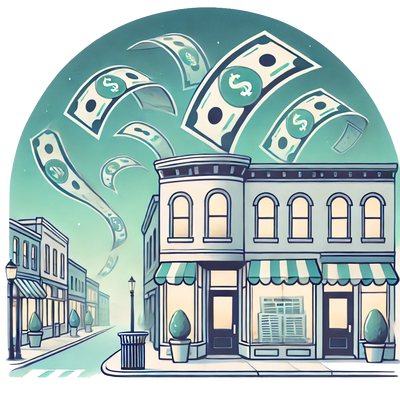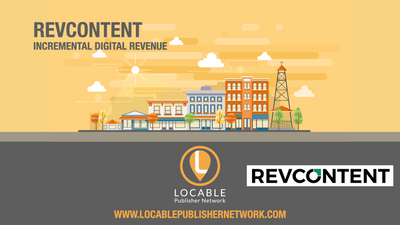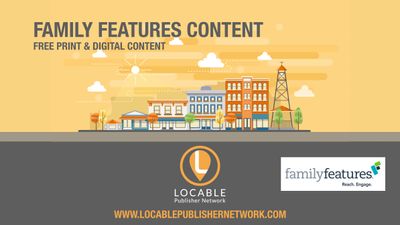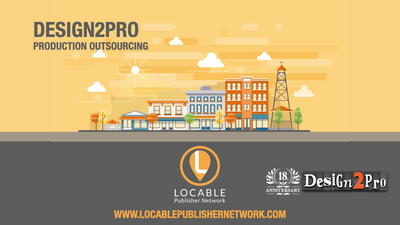Top Mistakes Publishers Make with Content and Titles Online
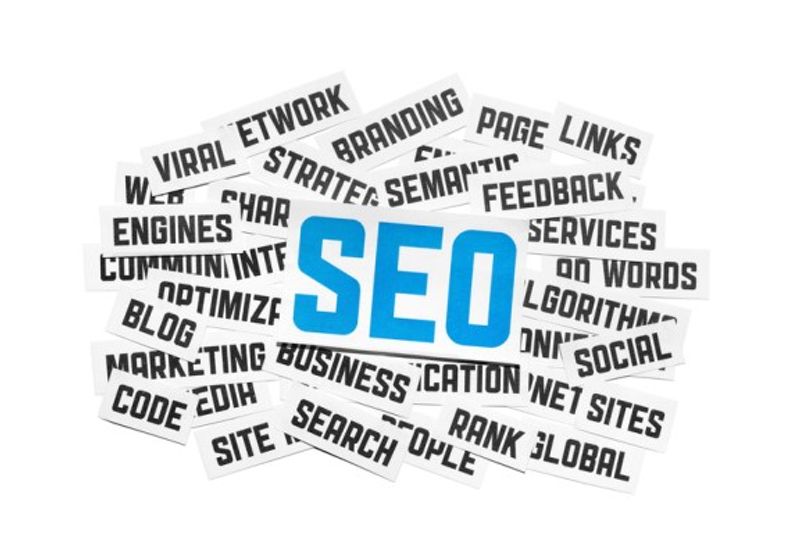
- Improving SEO doesn't have to be a lot of work and can be great for readers too.
Success online requires working smarter not harder, here are a couple tricks to make sure you're getting the most out of your efforts.
We've noticed an interesting trend as publishers become more active with their website's and posting content online - they consistently make simple mistakes that have significant negative consequences.
Replacing Old Content With New Content - Rather than Adding New Content
Confusing static pages with content is incredibly bad for SEO, social and just plain confusing for visitors. What is this you ask? We see this most often with calendars and 'Featured Content' such that there would be a page like somedomain.com/calendar.html where a list of events appear.
When the next set of events are added the previous ones are deleted, ostensibly because they already happened in the past, however removing an historical record of content is bad - not only does Google want to see historical accounts of content but having a lot of similar content over time builds credibility and helps rank higher in Google and that can't happen if the old content is simply gone.
The preferred solution is that every piece of content should have its own page, every event, article etc should be accessible directly at a unique URL such as somedomain.com/calendar/unique-title-with-date-09-30-2013. Not only is this great for Google but it means each piece of content can be shared to social media directly, accessed after the fact and it increases the number of page views your website receives... all good things.
We regularly see this offense when the publisher is using a poor content management system (CMS) or no content management system at all. CMS's are not one size fits all and we're happy to explain why we built our own at Locable for local community websites.

Vague Titles Confuse Readers, Hurt SEO and Reduce Click-Thru's (Warning: This is especially true of recurring columns)
If you're vague or too brief with your titles readers won't know enough about the content to know if they care enough to click. Yet, a common theme you'll see in the examples below is that titles online need to be both descriptive and concise.
Clever article titles in print equate to confusing titles online because in print you have the context of the issue and images whereas online this isn't always true. This is true on your website, on Google or on social media when a friend shares content with them. For instance, an article entitled "Seasonal Signals" is too vague. Are you talking about summer, winter, spring, fall? "Seasonal Signals: Get Prepared for the Winter Lifestyle" would be a nice improvement to better signal content focus and deliver valuable SEO impact.
Depending on how your website is structured you're likely to have the notion of an excerpt or preview on the homepage or various content category pages to go along with a title and image. These previews should contain a hook not merely a basic description - often the excerpt is also what will be shown when viewed in a search or shared to Facebook. A bad excerpt would be: "Like it or not, winter is right around the corner." as it's not very informative about the nature of the article but using something more intriguing such as: "Like it or not, winter is right around the corner. Now, in addition to slippery roads and high heating bills, we have to worry about higher cholesterol levels." signals a health component.
Another example is "The Buzz" which should always have a more descriptive appended title like "The Buzz: Local Seafood Restaurant Closes and More" - again it's better for SEO and people can more easily find what they're looking for. An excerpt should be something like, "This week's food and restaurant news for the week of September 16th, 2013. A New Main Street Diner and A Local Seafood Restaurant Closes."
Recurring Articles or Columns Need to be Unique
Recurring columns or topics are great but you must go further with you title. Titles like "Police Blotter", "Around Town with Sandy" or other collection labels make poor article/post titles - the details of the post are obscured and again you miss opportunities to get easy SEO points. But wait, you say, how will readers know they're part of a collection if they're unique? Easy, use a naming convention such as: "Police Blotter for the Week of September 16th, 2013"
Even better if you can include slightly more intrigue such as: "Police Blotter: Local Arson and more for the Week of September 16th, 2013"... ok, not the most concise titles but there are exceptions to the rule.
Don't Use the Word Blog - Seriously!
We previously wrote an article on why the philosophy of a blog is ridiculous for a local publisher but now there is another reason, people are less likely to read it. A recent study of some 6,000 different pieces of content by the Content Marketing service Outbrain found that a title without the word blog is 71% more likely to be clicked than the same title that included the word Blog. Meanwhile, another found including the word blog can reduce click-through and read rate by 20-60%!
That's not nothing!
Finally, People Love Reading About Best, Worst, Biggest, or Other Intriguing Superlatives and Images Are Critical
If you're reading this article then you know this works. Not only are superlatives engaging for readers on your website but they're good for SEO because people search this way and when people share content to Facebook it jumps out at their friends as something perhaps worth checking out. Of course, don't get carried away you want to make sure you deliver on whatever promises your titles make about content.
Thinking of posting an article without an image? Why, why, why would you do this? Images convey a tremendous amount of information to the reader and while not the greatest SEO element they're critical for garnering clicks on-site and on-social. Facebook has endless data about the benefits of including a compelling image in a post and the importance can be inferred in nearly every setting online.
What makes a good image? Generally not stock photography - people click on images of real people, visceral/grainy images in many cases can be a huge positive attribute as people crave authenticity and if the location/venue/subject is locally identifiable that's even better.

